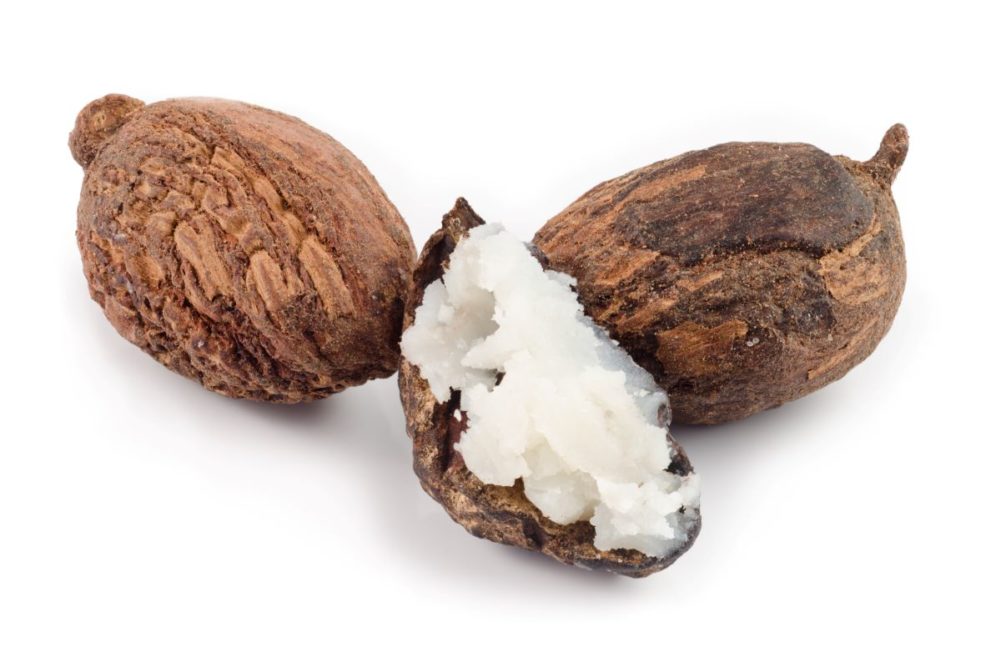AAK in 2022 made progress in battling deforestation and empowering women, according to the company’s sustainability report released April 4.
By the end of the year, 71% of AAK’s palm was verified as deforestation-free, which was an increase of 6% for the year and up 45 percentage points from 2018. The goal is to reach 100% by 2025. In 2022 AAK planted 26,874 trees in its shea supply chain. In total AAK had planted 110,445 shea trees by the end of 2022, or 74% of the target for 2025.
Shea played a part in empowering women, too. More than 293,0000 women now are enrolled in Kolo Nafaso, a women’s empowerment group in West Africa. AAK is working with Beiersdorf and the Global Shea Alliance in a five-year sustainability partnership to empower female shea collectors in the West African countries of Burkina Faso and Ghana. The initiatives include accessing microcredits for trade and small business opportunities through village savings and loan associations, tree planting, and building safer, more energy-efficient cookstoves.
Malmö-based AAK aims to reduce Scope 1 and Scope 2 greenhouse gas emissions by 50% by 2030 when compared to a 2019 base year. Scope 1 emissions are those that occur from sources controlled or owned by a company, according to the US Environmental Protection Agency. Scope 2 emissions are indirect emissions associated with the purchase of electricity, steam, heat or cooling.
Scope 3 GHG emissions are the result of activities not owned or controlled by the company but that the company indirectly affects in its supply chain. In 2023 AAK will further submit Scope 3 targets according to the FLAG (Forest, Land and Agriculture) standard, said Johan Westman, president and chief executive officer.



